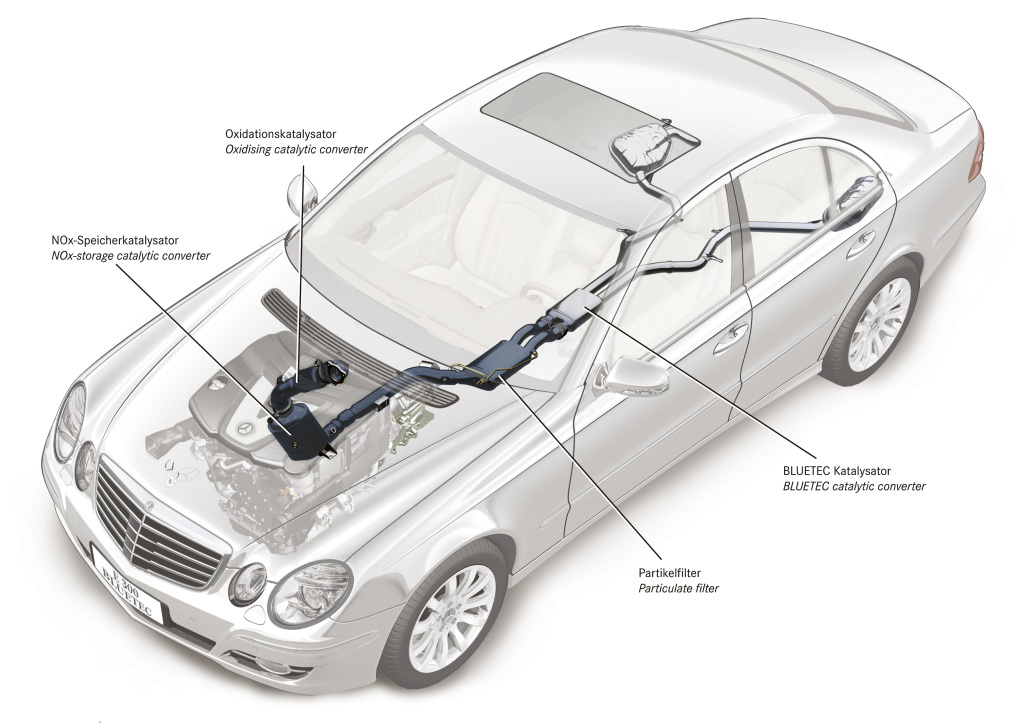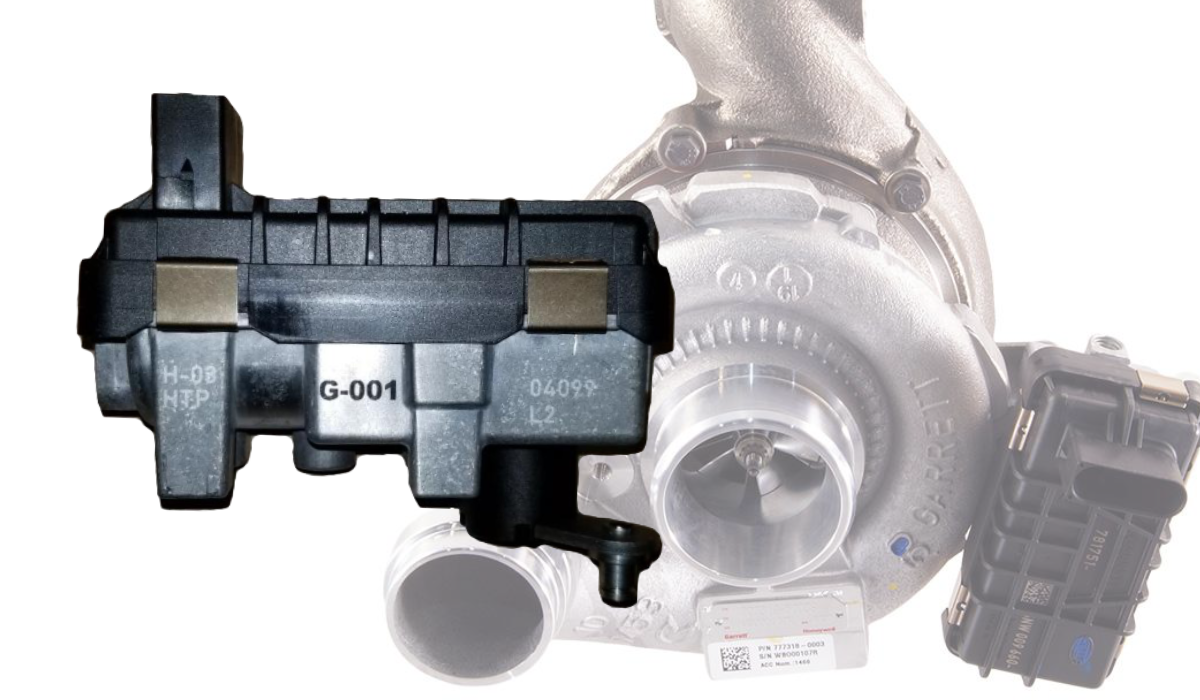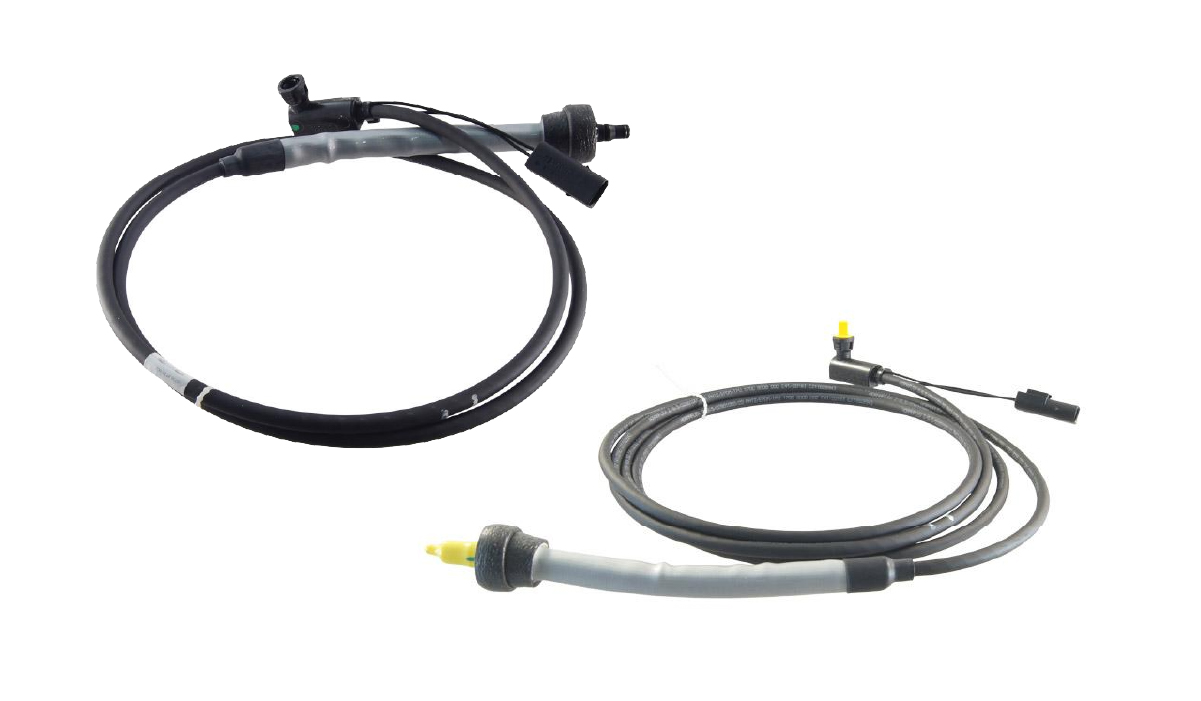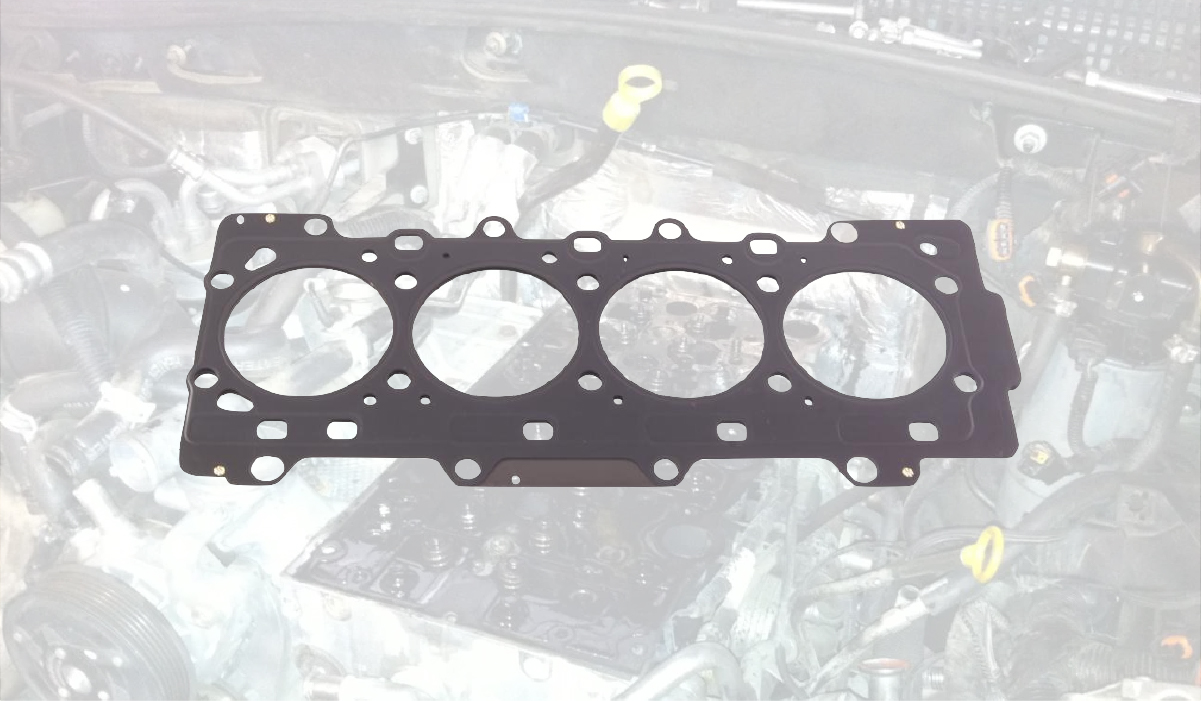Updated July 19th with new Daimler Announcement
2017 was supposed to see a new surge of Mercedes diesel models. As the 2017 model-year ends, Mercedes still has no diesel-powered models available to purchase. What happened?
What were we expecting?
2016 was a transition year for many Mercedes models as they moved to all-new platforms and designs. When a manufacturer introduces an all-new generation, it usually takes a few months before all the options are available on dealer lots. The new C-Class, E-Class & the newly renamed GLE & GLS large SUV were all slotted for new diesel powertrains.
The C-Class, E-Class and GLE were expected to get the latest 4-cylinder diesel engine, which was advertised to be fully compliant with the latest EURO6 and beyond standards. Meanwhile, the GLS was expected to get a refreshed 3.0L V6 OM642 engine with a new 9-speed transmission. (outgoing models had a 7-speed.)
In late 2016 a limited number of GLE SUVs were available with the stalwart OM651, 2.1L 4-cylinder engine. On the Mercedes USA website, mbusa.com, Mercedes used the title of “High Torque, Low Emissions” to advertise their new modern diesel engines. Slowly, though, these references disappeared. Today, that same title advertises the standard gasoline engines & hybrid options.
What Happened
Obviously most of this relates back to VW’s DieselGate. After the events of DieselGate, all diesel models were put through new vigorous testing to see if other manufacturers were also cheating on emissions testing. DieselGate initially seemed limited to VW and an engineering-corporate culture that wanted to get diesel models into the USA ahead of anyone else. However, in early 2017 the EPA began investigating Fiat-Chrysler Automobiles for potential emissions violations and “cheat devices” in the popular EcoDiesel lineup. With VW and then FCA, two leaders in light-duty and passenger diesel engines, under investigation, Daimler became guilty by association.
If these or other inquiries, investigations, legal actions and/or proceedings result in unfavorable findings, an unfavorable outcome or otherwise develop unfavorably, Daimler could be subject to significant monetary penalties, remediation requirements, vehicle recalls, process improvements and mitigation measures.
In its quarterly reports, Daimler began warning investors of the potential issues with the EPA.
In light of the ongoing governmental information requests, inquiries and investigations, and our own internal investigation, it cannot be ruled out that the authorities might reach the conclusion that Mercedes-Benz diesel vehicles have similar functionalities
Is Mercedes Cheating Like VW?
Mercedes developed and has been the champion of the current generation of diesel emissions technology surrounding Diesel Exhaust Fluid, aka DEF or AdBlue. VW, on the other hand, developed cheat systems in order to specifically AVOID adding DEF systems to their vehicles. Therefore, from the outside it seems that Mercedes made significant engineering and financial investments to develop technology in order to meet, not cheat, the emissions regulations.
Now What
Fiat-Chrysler seems to be taking on the EPA head on, insisting that their vehicles have always met emissions meanwhile also putting out limited hardware and software updates to vehicles in the field. In July of 2017 it was reported that FCA had restarted production of the Dodge Ram EcoDiesel even though they had not been officially approved by the EPA yet. This demonstrated great confidence that FCA would be able to sell these trucks in the near future.
If Fiat-Chrysler is able to “win” their case with the EPA and the emissions technology used on these modern diesels is shown to meet regulations, it certainly increases the likelihood that Mercedes diesels will return to the market. BMW is still currently offering the GLE competitor X5 with a diesel powertrain, and Mercedes had developed a small but not insignificant diesel customer base. As automobiles become more comfortable and capable across the board, manufacturers are looking for any point of differentiation. Mercedes had a good lineup of diesels in the past that set them apart, hopefully they will return.
July 19th Update
On July 18th, Daimler announced that they would reprogram 3-million diesel powered vehicles in Europe. They are firmly avoiding the word “recall” on this, and rather framing it as a customer-satisfaction campaign.
In order to effectively improve the emissions of additional model series, Daimler has now decided to extend the service action to include over three million Mercedes-Benz vehicles. For this purpose, the company’s engineers are making use of latest knowledge gained during the development of the new family of diesel engines.
The Daimler chairman reiterated their commitment to diesel engines.
“The public debate about diesel engines is creating uncertainty – especially for our customers. We have therefore decided on additional measures to reassure drivers of diesel cars and to strengthen confidence in diesel technology,” stated Dr. Dieter Zetsche, Chairman of the Board of Management of Daimler AG and Head of Mercedes-Benz Cars. “ We are convinced that diesel engines will continue to be a fixed element of the drive-system mix, not least due to their low CO2 emissions.”
There has not yet been an announcement that USA cars will be “recalled” as well, but it seems likely.






Leave a Reply